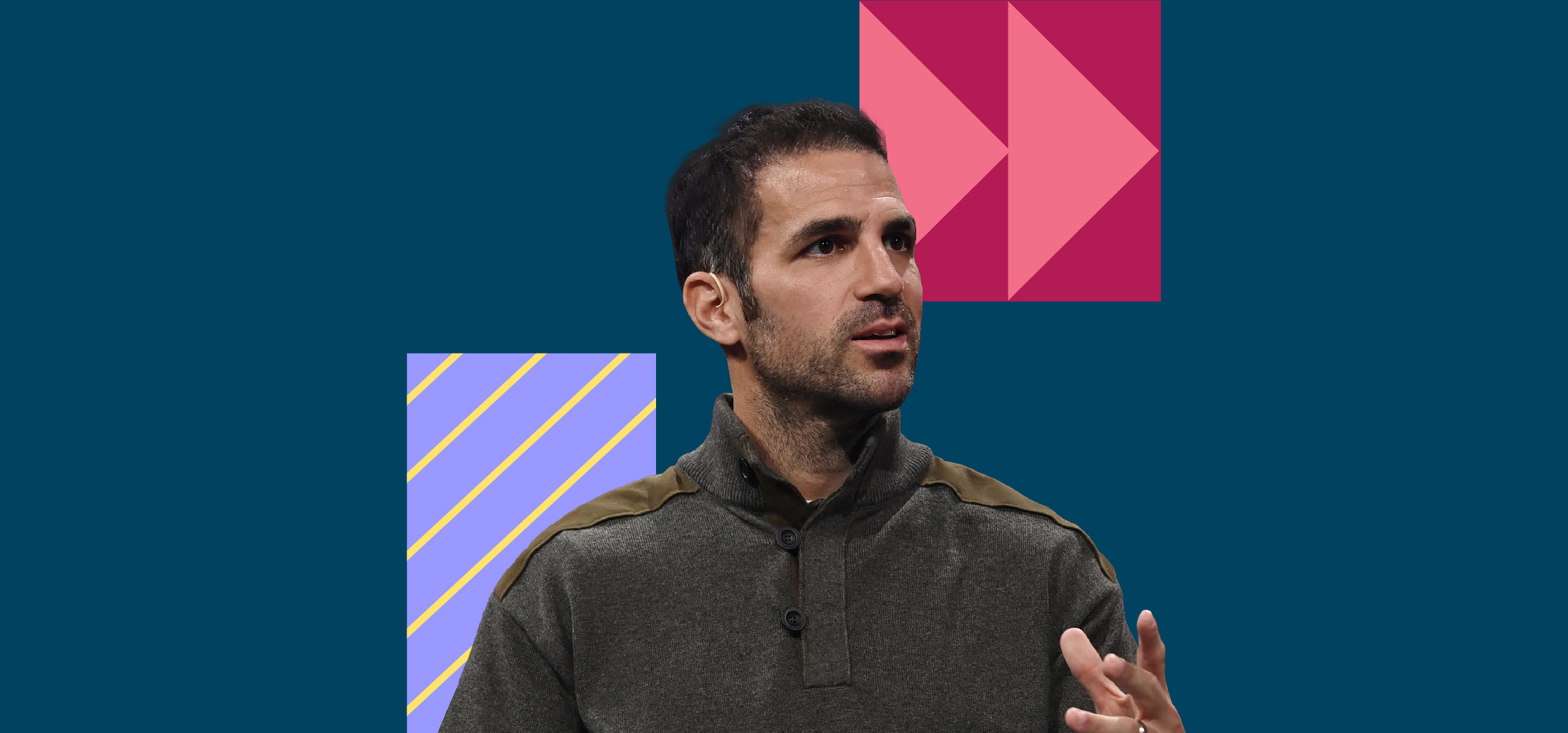
The problem isn’t AI; it’s us

ChatGPT, workers rights, and digital security – these are just some of the challenges of AI in 2023. Here’s what some of our speakers had to say about them.
Web Summit 2023 brought together speakers from across the globe to discuss all things tech. Perhaps unsurprisingly, AI dominated many of those conversations.
Though the technology has been in use for well over a decade, new developments are posing new questions.
Here are some of the highlights on AI and machines at Web Summit 2023, from speakers including the Wikipedia founder Jimmy Wales, investor Albert Wenger, and renowned whistleblower Chelsea Manning.
Wikipedia founder Jimmy Wales on large language models
Wikipedia founder Jimmy Wales, who has previously said that ChatGPT isn’t a threat to the free online encyclopaedia, has taken this argument a step further.
While media organisations and authors are battening down the hatches, Jimmy has declared a willingness to have Wikipedia scraped by large learning models (LLMs) for the sake of accuracy. “We come from the free software world; open-source ethos. Everything on Wikipedia is freely licensed. You can copy it, distribute it, modify it … commercially or non-commercially,” said Jimmy.
“We’re really happy and proud that there are large language models reading Wikipedia and not just Elon Musk’s Twitter. That’s not really a great source of truth,” added the CEO.
Jimmy went on to give some examples of how AI could improve Wikipedia, notably as a model that could run across the site, searching for negative statements that aren’t sourced and removing them.
Jimmy, an advocate of open-source technology, also believes that scraping Wikipedia would make ChatGPT better – although, as the founder conceded, ChatGPT often lies, so its efficacy as a Wikipedia contributor is yet to be proven.
Is AI being used as a cover to erode workers’ rights?
AI isn’t so much replacing workers as providing employers with “a pretext to degrade the working conditions of the workers who are managing these AI systems,” said Signal president and ethical AI researcher Meredith Whittaker.
Citing examples including Uber and the wider gig economy, the Signal president said that, while politicians and the general public were “distracted by the shiny promises of tech”, what was really happening was “the degradation of employment status across the globe”.
When it comes to fear of humans being replaced by technology, Meredith said, “we can’t talk about AI as having agency. AI isn’t doing this”.
“We need to be on the lookout for claims that AI is a magical technology that replaces workers, because that has not been borne out.”
However, Union Square Ventures managing partner Albert Wenger laid out a more positive vision for AI, arguing that it could liberate humanity from unnecessary labour rather than lead to job losses as we now understand them.
Albert’s comments, which called for a univeral basic income, may resonate with Star Trek fans: “We don’t want to have a world where you absolutely must work just to survive. If we are this technologically advanced, we should be creating a world where, if you want to take care of animals or restore nature, you can do it and still live.”
The renowned investor added that “this is the purpose of technological advancement”.
Albert was keen to stress that debates around AI shouldn’t be treated as “a soccer match” or “low-rung tribalism”, with particular comments for Marc Andreessen: “Marc has been on a bender to say ‘Build! Build! Build!’ … The idea that we can go full ‘permissionless innovation’ on even more powerful technology is, I think, faulty.”
Is AI the new frontier in the battle for digital privacy?
Renowned whistleblower and Nym security consultant Chelsea Manning raised some important questions about data science and AI, saying: “The tools that we use in data science and AI, I often wonder, should we be building these tools? Are we building the correct tools? Are we trying to solve the right problems? Or are we simply trying to feed the engagement machine? Are we simply trying to generate content for the sake of generating content?”
AI is just the latest threat to privacy, according to Chelsea. From a privacy standpoint, the issue with AI is that it feeds on a “large corpus of data”, meaning that it hoovers up massive amounts of information from several sources, including Wikipedia.
From an individual standpoint, this makes it almost impossible to extract your data from a large language model if you feel it is being misused.
This is arguably a very different proposition to our current understanding of privacy, with things like GDPR and the ‘right to be forgotten’ ensuring that we are the ultimate arbiters of how our data is used – at least in theory. “Once [your data] is in there, the artefacts of it being in there are going to stay,” said Chelsea.
Web Summit Qatar takes place in Doha from February 26-29. Book your tickets now.
Main image: Web Summit

